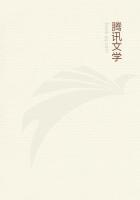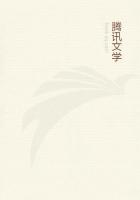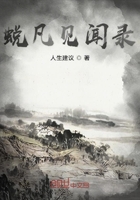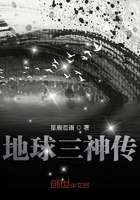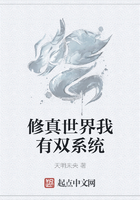Now, most of these questions rest on mere probability, which is always such a subjective canon that an appeal to it is rarely conclusive. I would note, however, as regards the inscriptions which, if genuine, would of course have settled the matter, that Polybius looks on them as a mere invention on the part of Timaeus, who, he remarks, gives no details about them, though, as a rule, he is over-anxious to give chapter and verse for everything. Asomewhat more interesting point is that where he attacks Timaeus for the introduction of fictitious speeches into his narrative; for on this point Polybius seems to be far in advance of the opinions held by literary men on the subject not merely in his own day, but for centuries after.
Herodotus had introduced speeches avowedly dramatic and fictitious.
Thucydides states clearly that, where he was unable to find out what people really said, he put down what they ought to have said.
Sallust alludes, it is true, to the fact of the speech he puts into the mouth of the tribune Memmius being essentially genuine, but the speeches given in the senate on the occasion of the Catilinarian conspiracy are very different from the same orations as they appear in Cicero. Livy makes his ancient Romans wrangle and chop logic with all the subtlety of a Hortensius or a Scaevola. And even in later days, when shorthand reporters attended the debates of the senate and a DAILY NEWS was published in Rome, we find that one of the most celebrated speeches in Tacitus (that in which the Emperor Claudius gives the Gauls their *******) is shown, by an inscription discovered recently at Lugdunum, to be entirely fabulous.
Upon the other hand, it must be borne in mind that these speeches were not intended to deceive; they were regarded merely as a certain dramatic element which it was allowable to introduce into history for the purpose of giving more life and reality to the narration, and were to be criticised, not as we should, by arguing how in an age before shorthand was known such a report was possible or how, in the failure of written documents, tradition could bring down such an accurate verbal account, but by the higher test of their psychological probability as regards the persons in whose mouths they are placed. An ancient historian in answer to modern criticism would say, probably, that these fictitious speeches were in reality more truthful than the actual ones, just as Aristotle claimed for poetry a higher degree of truth in comparison to history. The whole point is interesting as showing how far in advance of his age Polybius may be said to have been.
The last scientific historian, it is possible to gather from his writings what he considered were the characteristics of the ideal writer of history; and no small light will be thrown on the progress of historical criticism if we strive to collect and analyse what in Polybius are more or less scattered expressions.
The ideal historian must be contemporary with the events he describes, or removed from them by one generation only. Where it is possible, he is to be an eye-witness of what he writes of; where that is out of his power he is to test all traditions and stories carefully and not to be ready to accept what is plausible in place of what is true. He is to be no bookworm living aloof from the experiences of the world in the artificial isolation of a university town, but a politician, a soldier, and a traveller, a man not merely of thought but of action, one who can do great things as well as write of them, who in the sphere of history could be what Byron and AEschylus were in the sphere of poetry, at once LE CHANTRE ET LE HEROS.
He is to keep before his eyes the fact that chance is merely a synonym for our ignorance; that the reign of law pervades the domain of history as much as it does that of political science. He is to accustom himself to look on all occasions for rational and natural causes. And while he is to recognise the practical utility of the supernatural, in an educational point of view, he is not himself to indulge in such intellectual beating of the air as to admit the possibility of the violation of inviolable laws, or to argue in a sphere wherein argument is A PRIORI annihilated. He is to be free from all bias towards friend and country; he is to be courteous and gentle in criticism; he is not to regard history as a mere opportunity for splendid and tragic writing; nor is he to falsify truth for the sake of a paradox or an epigram.

